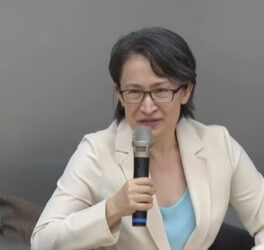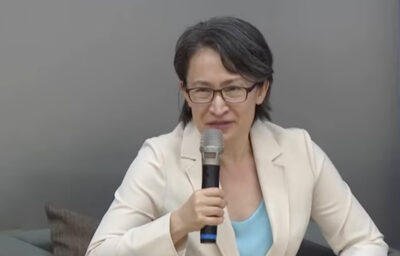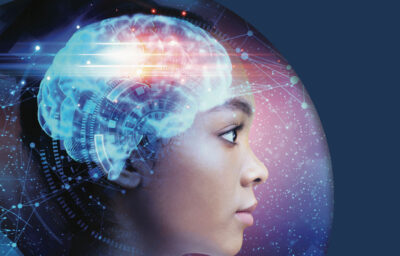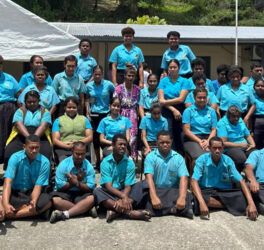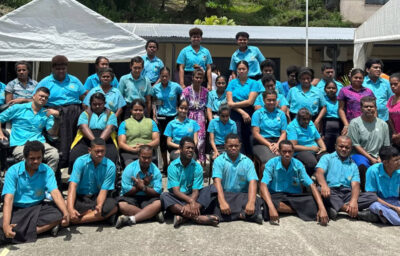Society’s “paternalistic presumptions” of persons with disabilities was preventing them from living lives on their own terms, a new report suggests.
“Paternalism is the assumption that people with disabilities (as with colonised First Nations peoples) need to be healed, cared for, supported, or managed for their own good,” Professor Shane Clifton says in a report to the Disability Royal Commission released today, 22 October 2020.
This was evident, “despite their individual will – and even though their present plight may itself be a product of violent intervention and control”.
The ‘Hierarchies of power: Disability theories and models and their implications for violence against, and abuse, neglect, and exploitation of, people with disability’ report shows how disability theories and models can contribute to the promotion of a more inclusive society.
Professor Clifton says this is achievable when society supports the independence of people with disability and “their right to live free from violence, abuse, neglect and exploitation”.
He says the problem is not welfare and service provision per se, but that “paternalistic presumptions of charity and pity still prevail”.
Paternalism can be hard to see, since it casts the oppressor as protector, “and enables people in power to express sincere sympathy for people with disability while keeping them socially and economically subordinate.”
Professor Clifton says without substantive changes to personal and cultural attitudes and values, “the paternalism people with disability are subjected to throughout the course of their life sustains hierarchical power and makes them vulnerable to direct and systemic violence, abuse, neglect and exploitation”.
“When some people prove ungovernable and out of control, the justice or mental health systems take over.”
Society’s failure to recognise disability as ‘diversity’ enabled the continued violence and abuse of people with disability and prevented them from flourishing, he says.
He says recognising and affirming the diversity and complexity of disability should inspire creativity, encourage experimentation, and “motivate us to work through failure” for the sake of creating a more inclusive world.
Professor Clifton, who uses a wheelchair, is Professor of Theology and Ethics and Assistant Director at the Royal Commission. He is also Honorary Associate for the Centre of Disability Research and Policy at the University of Sydney.

